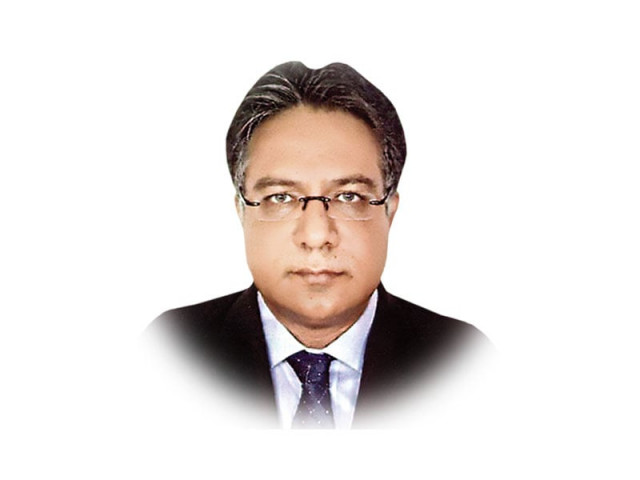The culture debate
Resolution presented there should be no restriction on extra-curricular activities including cultural and literary.

The moment came when the House was trying to pass a resolution in order to rectify the ‘mistake’ they made on Tuesday in passing a resolution supporting a ban on ‘objectionable’ concerts in schools and colleges. The resolution had drawn a lot of flak from the media and the House wanted to set matters right by bringing an overriding resolution.
The text of the resolution presented on Thursday said that there should be no restriction on extra-curricular activities including cultural and literary activities in public and private educational institutions.
This triggered a lively debate in the House. A PML-N member said that he would oppose the resolution if the term ‘cultural activities’ included music concerts. The reason: Islam does not allow such activities.
Maulana Ilyas Chinioti, son of late Maulana Manzoor Ahmed Chinioti, said that those who produce or listen to music are condemned to hell. He said ‘culture’ should be defined and the government should stop promoting “loose morals” in its name.
Law Minister Rana Sanaullah, sensing that the debate was entering the realm of intellectual discourse, asked the Speaker to call for a vote.
In a way the law minister was right to do so. The word ‘culture’ is used in various contexts and frequently misunderstood. The religious tend to interpret is as ‘everything un-Islamic’ while the moderates and the liberals think of it purely in terms of arts, music and an unbridled sel expression.
Encarta Online Dictionary defines it as “art, music and literature; shared beliefs and values of a group; a group of people whose shared beliefs and practices identify a particular place, class, or time to which they belong; behaviour of a particular people or nation”.
The broad definition points towards something deeply embedded in and associated with a particular land.
So when Maulana Chinioti said that music was not a part of our culture he was, by this definition, wrong. Music is embedded in the sub-continent’s cultures. Islam was spread in the sub-continent by sufi mystics most of whom wrote poetry. Some liked music as well. Khwaja Nizamuddin Aulia’s appreciation of Amir Khusro is evidence enough. Shah Hussain and Baba Farid Shakar Ganj wrote some great reformist poetry. And who doesn’t know about the great tradition of qawwali and sufi music?
If the Maulana thinks that all this is also un-Islamic, he is not making much sense because the particular style of sub-continental qawwali or kafi is also prevalent in north African Islamic societies like Morocco, Algiers and Tunis. When we look at history, we find that culture relates to a particular land. Had that not been the case, the Moroccan, Turkish, Indonesian and Saudi societies would all be the same.
Perhaps the reason why the law minister sought an abrupt end to the debate and asked that the motion be put to vote was because he realised how deeply divided or should we say confused, the Pakistani society is when it comes to understanding the term.
Published in The Express Tribune, January 27th, 2012.



















COMMENTS
Comments are moderated and generally will be posted if they are on-topic and not abusive.
For more information, please see our Comments FAQ